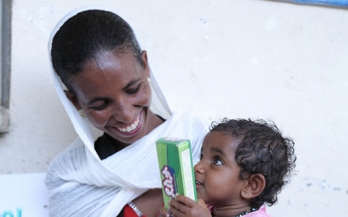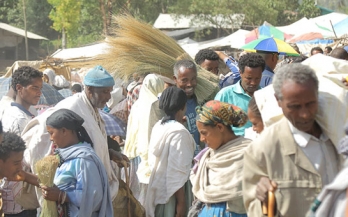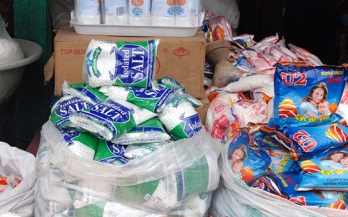This paper describes the rationale and methods used in setting up a multi‐country study that aimed at designing the key maternal and neonatal health interventions and identifying indicators related to inputs, outcomes, and impact.
Today to mark Women’s Day 2018, we come together to celebrate women and girls, raise awareness of their rights, and to advocate for women empowerment. Moreover, we celebrate the women who are working to fix food systems and to improve nutrition in their communities around the world.
This is an exciting time to be in Ethiopia. A new Prime Minister, Dr. Abiy Ahmed Ali, was appointed in early April and the newly reshuffled cabinet was announced last week. We will certainly be working with GAIN and partners in Ethiopia to try to convince the new PM and his team that malnutrition sits uncomfortably in a nation that sees itself as a middle income country by 2025, a leading light in Africa, and a source of manufacturing and innovation.
Countries and donors increasingly recognise the benefits of evaluating public programs that could increase access to safe and nutritious foods for the poor. However, low- and middle-income countries face three main challenges to evaluation. Nonetheless, evaluation is feasible, as one recent study shows, and has potentially strong benefits for improving large-scale nutrition interventions.
This report highlights the successes of the global effort to eliminate iodine deficiency disorders as a public health problem. The report was commissioned as part of UNICEF-GAIN Partnership Project, funded by the Bill & Melinda Gates Foundation from 2008 to 2015, to improve iodine nutrition through salt iodisation.
This report provides an overview of the edible oil processing sector in Ethiopia. The mapping study focused on the administrative regions of Ethiopia where oil production takes place to provide prioritisation of efforts for further planning, technical assistance, monitoring, and research throughout the forthcoming edible oil fortification programme.






